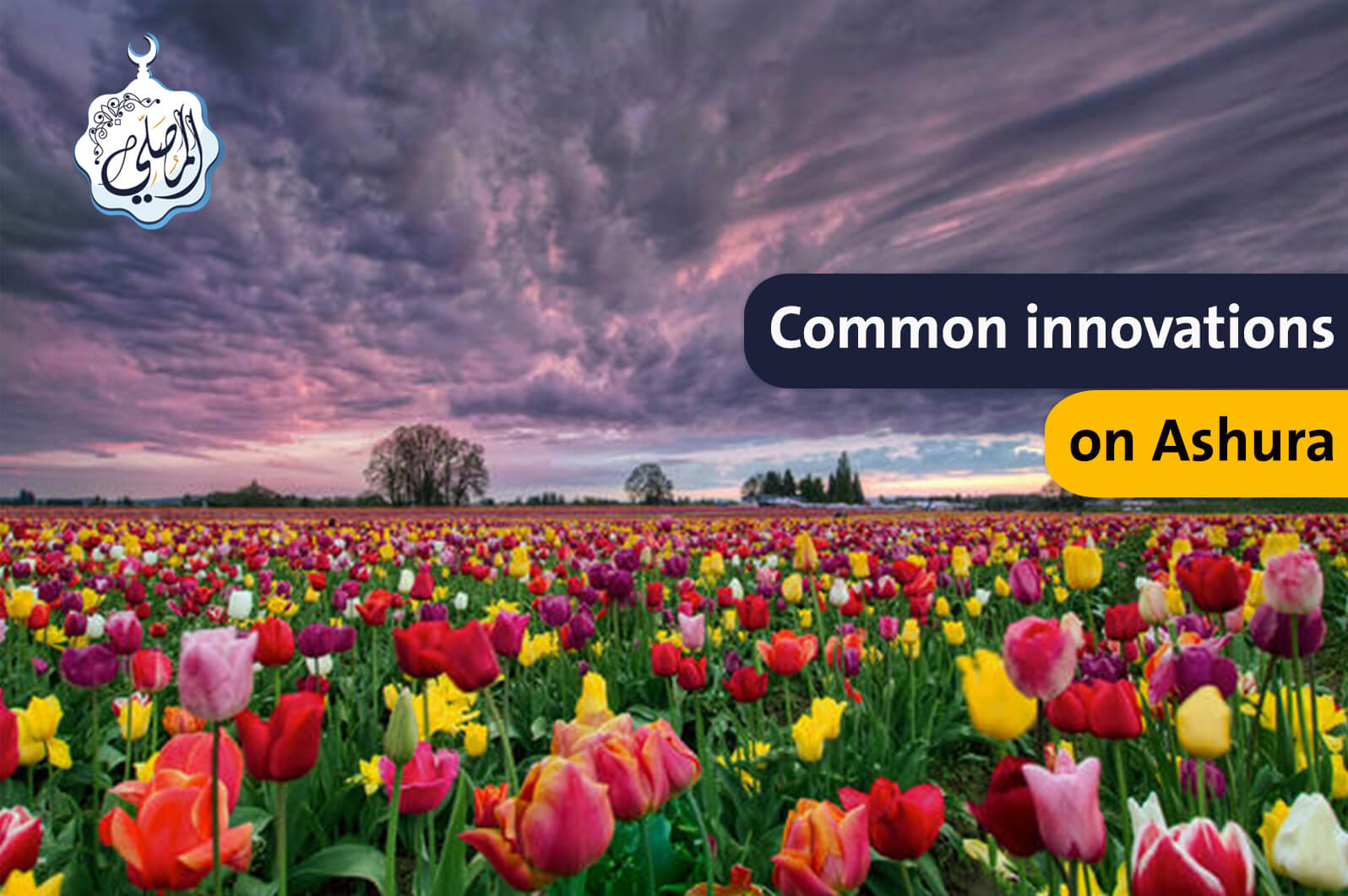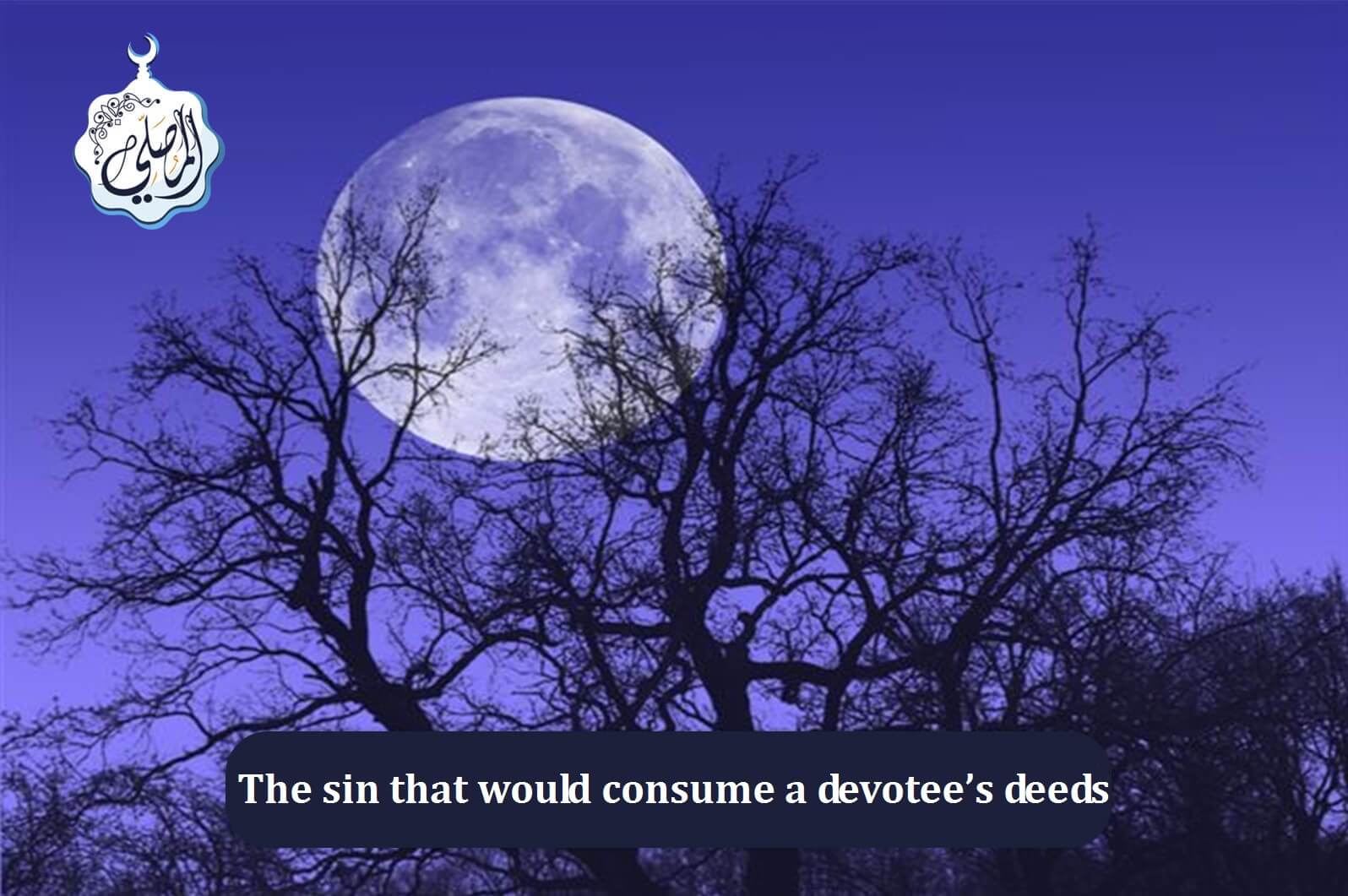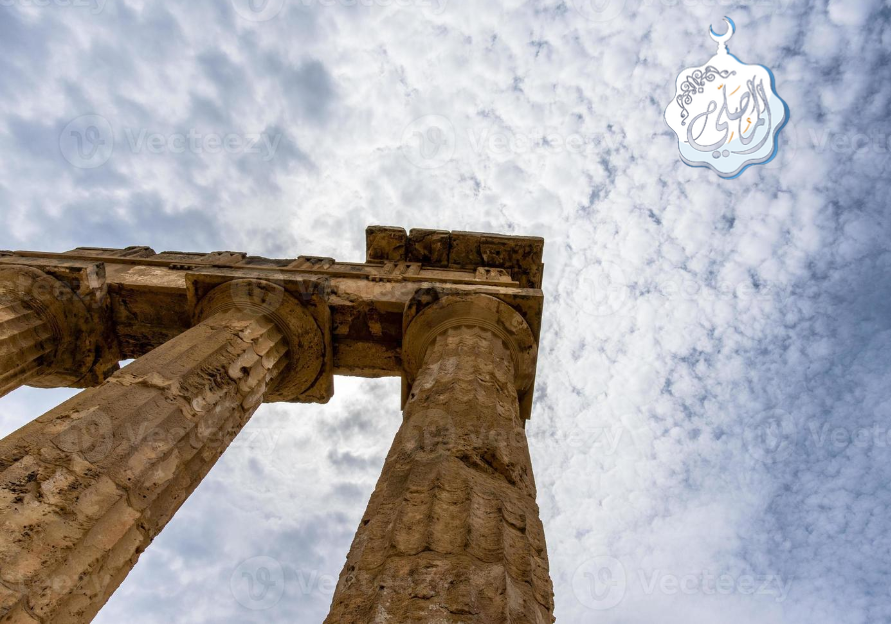
Dua, or supplication, is a powerful act of worship that fosters a deep connection with Allah. It is an opportunity to seek guidance, express gratitude, and request one's needs. Embracing the proper etiquettes of dua enhances its effectiveness and brings one closer to the Divine.
1. Starting with Praise and Sending Blessings on the Prophet (peace be upon him):
Abdullah reported, "I was praying with the Prophet (peace be upon him), Abu Bakr, and Umar. When I sat down, I began by praising Allah and then sending blessings upon the Prophet (peace be upon him) before I made supplication for myself. The Prophet (peace be upon him) said: 'Ask, and you will be granted; ask, and you will be granted'" [(Sunan al-Tirmidhi 593), classified as a good and authentic hadith].
The Prophet (peace be upon him) also said, "Every dua is withheld until blessings are sent upon me" [(Hasan) reported by Ibn Hajar].
2. Repeating the Supplication Three Times:
The Prophet (peace be upon him) had the practice of repeating his supplications three times. Ibn Mas'ud reported: "Whenever he asked, he would ask three times" [(Sahih Muslim 1794)].
3. Using the Beautiful Names and Attributes of Allah:
Allah says: "And to Allah belong the best names, so invoke Him by them" [Al-A'raf: 180].
Anas reported that a man entered the mosque and was supplicating, saying: "O Allah, there is no deity except You, the Bestower, Creator of the heavens and the earth, Owner of Glory and Honor." The Prophet (peace be upon him) said: "Do you know which name he called upon Allah with? He called Allah by His Greatest Name, which, when invoked by, He responds, and when asked by it, He gives" [(Sahih) reported by al-Tirmidhi 3544, Ibn Majah 3858, Abu Dawood 1495)].
4. Acknowledging Sin and Blessing During Supplication:
This is evident in the dua of Prophet Yunus (peace be upon him): "There is no deity except You; glory be to You. Indeed, I have been among the wrongdoers" [Al-Anbiya: 87].
Sa'd reported that the Messenger of Allah (peace be upon him) said: "The supplication of Dhun-Nun (Yunus) when he was in the belly of the whale: 'There is no deity except You; glory be to You. Indeed, I have been among the wrongdoers,' is not a Muslim who supplicates with it for anything except that Allah will respond to them" [(Sahih) reported by al-Tirmidhi 3505)].
5. Not Supplicating Against Oneself Except for Good:
Abu Hurairah narrated that the Prophet (peace be upon him) said: "The supplication of a servant is always answered as long as he does not ask for something sinful or for the severing of family ties, as long as he does not hasten. It was said: O Messenger of Allah, what is this hastening? He said: It is when he says: 'I have asked and I have asked, yet I do not see a response,' and thus he becomes weary and abandons the supplication" [(Sahih Muslim 2735)].
6. Supplication with Good Deeds:
As mentioned in the supplication of those who possess sound reasoning: "Our Lord, indeed we have heard a caller calling to faith, saying: 'Believe in your Lord.' And we have believed. Our Lord, forgive us our sins and remove from us our misdeeds, and cause us to die among the righteous" [Al-Imran: 193].
The story of the three men trapped in a cave illustrates this, as each of them would invoke Allah by citing a good deed they performed for His sake, saying, "If You know that I did this out of fear of You, then remove this calamity from us" [(Sahih al-Bukhari 3465, Muslim 2743)].
7. Supplication with the Beautiful Names and Attributes of Allah:
Allah, the Exalted, says: "And to Allah belong the best names, so invoke Him by them" [Al-A'raf: 180].
Anas reported that the Prophet (peace be upon him) entered the mosque while a man was praying and supplicating, saying in his dua: "O Allah, there is no deity except You, the Bestower, Creator of the heavens and the earth, Owner of Glory and Honor." The Prophet (peace be upon him) said: "Do you know what he called Allah with? He called Allah by His Greatest Name, which, when invoked by, He responds. And when asked by it, He gives" [(Sahih) Sunan al-Tirmidhi 3544, Ibn Majah 3858, Abu Dawood 1495].
8. Acknowledging Sin and Blessings During Supplication:
As evident in the supplication of Yunus (peace be upon him): "There is no deity except You; glory be to You. Indeed, I have been among the wrongdoers" [Al-Anbiya: 87].
Sa'd reported that the Messenger of Allah (peace be upon him) said: "The supplication of Dhun-Nun when he called while he was in the belly of the whale: 'There is no deity except You; glory be to You. Indeed, I have been among the wrongdoers' - no Muslim supplicates with it for anything except that Allah will respond to him" [(Sahih) Sunan al-Tirmidhi 3505].
9. Not Supplicating Against Oneself Except for Good:
Abu Hurairah narrated that the Prophet (peace be upon him) said: "The supplication of a servant is always answered as long as he does not ask for something sinful or for the severing of family ties, as long as he does not hasten. It was said: O Messenger of Allah, what is this hastening? He said: It is when he says: 'I have asked and I have asked, yet I do not see a response,' and thus he becomes weary and abandons the supplication" [(Sahih Muslim 2735)].
10. Supplication with Good Deeds:
This is reflected in the supplication of those who possess sound reasoning, where Allah says: "Our Lord, indeed we have heard a caller calling to faith, saying: 'Believe in your Lord.' And we have believed. Our Lord, forgive us our sins and remove from us our misdeeds, and cause us to die among the righteous" [Al-Imran: 193].
The story of the men in the cave shows this; each of them would say: "If You know that I did this out of fear of You, then relieve us" [(Sahih al-Bukhari 3465, Muslim 2743)].
11. Choosing Concise and Meaningful Expressions in Supplication:
The Prophet (peace be upon him) preferred comprehensive forms of supplication and disregarded what was less than that.
Aisha reported: "The Prophet (peace be upon him) entered upon me while I was praying, and he had a need. I delayed my response. He said: 'O Aisha, resort to the comprehensive forms of dua.'" When I finished, I asked: "O Messenger of Allah, what are the comprehensive forms of dua?" He replied: "Say, 'O Allah, I ask You for all that is good, both swiftly and slowly, what I know of it and what I do not know, and I seek refuge with You from all evil, both swiftly and slowly, what I know of it and what I do not know. I ask You for Paradise and for that which brings me closer to it in word or deed, and I seek refuge with You from the Fire and what brings me closer to it in word or deed. I ask You for what Muhammad asked You for, and I seek refuge with You from what Muhammad sought refuge from. And whatever decree You have determined for me, make its outcome good" [(Sahih) Al-Adab Al-Mufrad 639].
12. Persistence in Supplication:
Persistence in supplication involves repeating the request, as the Prophet (peace be upon him) stated: "Whoever asks Allah for Paradise three times, Paradise will say: 'O Allah, admit him to Paradise.' And whoever seeks refuge from the Fire three times, the Fire will say: 'O Allah, protect him from the Fire.'" [(Sahih) Sunan al-Tirmidhi 2572, Ibn Majah 4340, Sunan an-Nasa'i 5521].










 share facebook
share facebook share whatsApp
share whatsApp share twitter
share twitter share telegram
share telegram copy
copy






